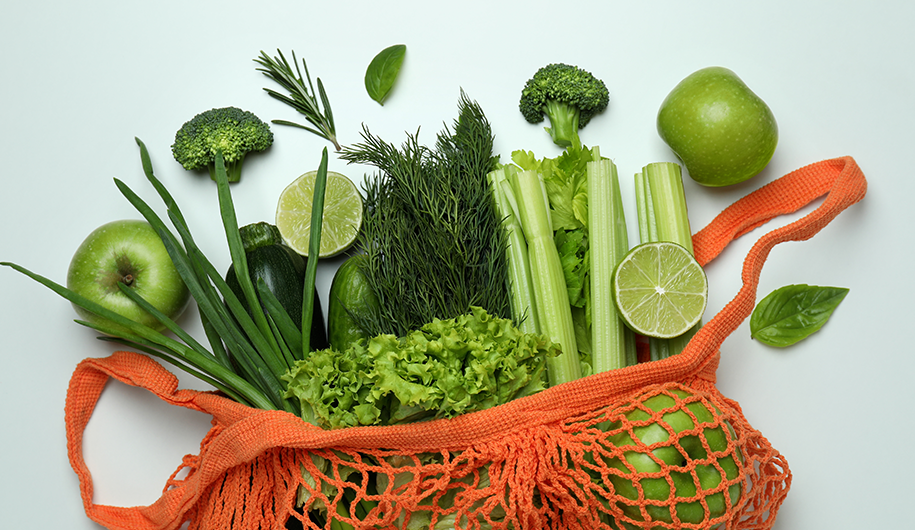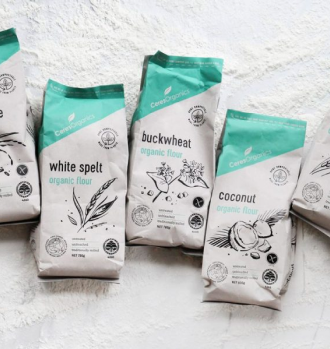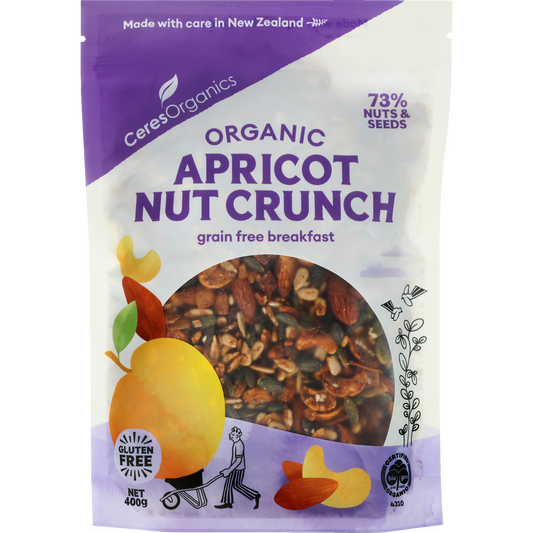
So why should we be buying organic food anyway? What does organic even mean and what difference does it even make? To properly understand why buying organic food is such a positive thing, first we need to understand how conventional food is grown and processed.
The organic food movement, circa 1924
The organic movement began back in 1924 by Rudolf Steiner, a scientist and philosopher who lectured on a range of topics in Germany. He was seen as a progressive, forward thinking kind of person. A group of farmers in Germany had started to notice that their soil was declining year on year and they were puzzled as to what was occurring. They sought advice from Steiner on how to halt this decline and rejuvenate the health of the soil. Steiner encouraged agricultural producers to think about their relationship with the land and impacts of their activities on it, and advocated the benefits of working in harmony with the planet and not against it. As these farmers began to adopt Steiner’s advice in their farming and see the positive results, the organic agricultural movement was effectively born. Over 90 years later and the organic movement has moved into the mainstream globally and is growing at a rapid rate as the demand for pure food grows. While many people understand the health benefits of eating organics – pure food free of additives, chemicals, herbicides and pesticides – less is understood about the positive environmental impact of organic farming.
How organic agriculture differs to conventional
For starters, organic farming doesn’t deplete the world’s resources in the same way that conventional farming does, and it doesn’t deplete the soil. Conventional fertilisers degrade soil quality because they're all about boosting plant growth, not increasing soil fertility. Organic farming focuses on soil quality as the foundation of a healthy crop, which makes sense when you really think about it. The challenge with organic agriculture is that the transition process from conventional farming takes more time, and gives lower yields for less return initially. However, once a conversion to organic farming has been completed, organic crops are often far more robust than conventional crops – for example they have been shown to recover faster after droughts. Having a high quality soil also has flow on benefits for other environmental issues such as climate change, and this is one of the reasons that organic farming is part of the solution to climate change.
With organic farming you are building up the carbon in the soil through enriching it with composted plant matter. The more carbon you store in the soil and keep there, the more it becomes a natural carbon sink. Also, if an organic farmer chooses not to turn the soil, then carbon is not being released into the atmosphere in the same way. Because of these factors, organic farmers are now being referred to as carbon farmers. If the world converted to organic farming this could go a long way towards helping solve the issue of carbon in our atmosphere. The other positive environmental impact from organic farming is that there is not usually the harmful run-off that occurs with conventional farming because the land and crops are not being loaded with herbicides, pesticides and synthetic fertilisers. And in organic farming there is a tendency towards biodiversity rather than mono-crops. Crop rotation and companion planting is used, so the plants help each other, and organic farmers tend to diversify with a variety of crops for the health of the farm.
Food economics
In the Western world our conversation is so bound up with economics – this is treated as the most important aspect of all commercial activity. The model doesn’t take into account the effects of environmental degradation of what we produce – this price is not included in our costings. Conventional farming is hugely inefficient in terms of the energy it uses from water, fuel, fertiliser, all the inputs, emissions, pollution and run-off. The effect of providing goods to consumers whenever they want them at a cheap price is that there has been a huge cost to the environment. There are numerous cases globally where mass industrialised conventional farming has destroyed the surrounding environment and small communities, as well as depleting the world’s resources. On the other hand, organic farming ultimately increases production through the sustainable practices that are inherent to organics.
We believe in working with nature, not against it
It’s encouraging that the organic movement is growing so rapidly and this has stemmed from what Steiner was advocating almost one hundred years ago – a way of producing goods that works in harmony with the planet not against it. Of course, we have a long way to go before we can reverse some of the negative impacts of human activities on the planet in the last 100 years – and even in the organics sector we are still constantly trying to improve the environmental impacts of packaging and transportation that occur through selling our goods. But there is no doubt that buying organic is certainly a step in the right direction – for the health of human beings, and the planet.






